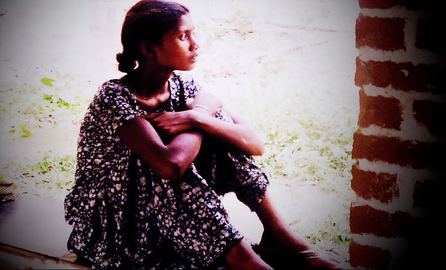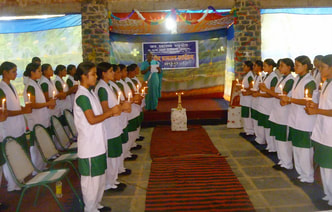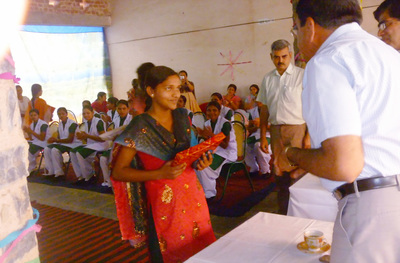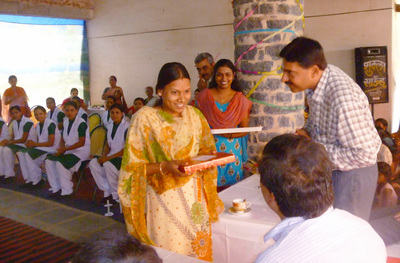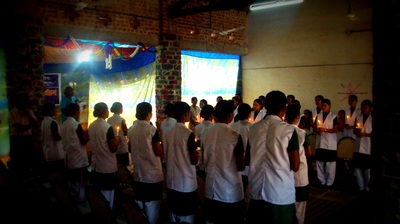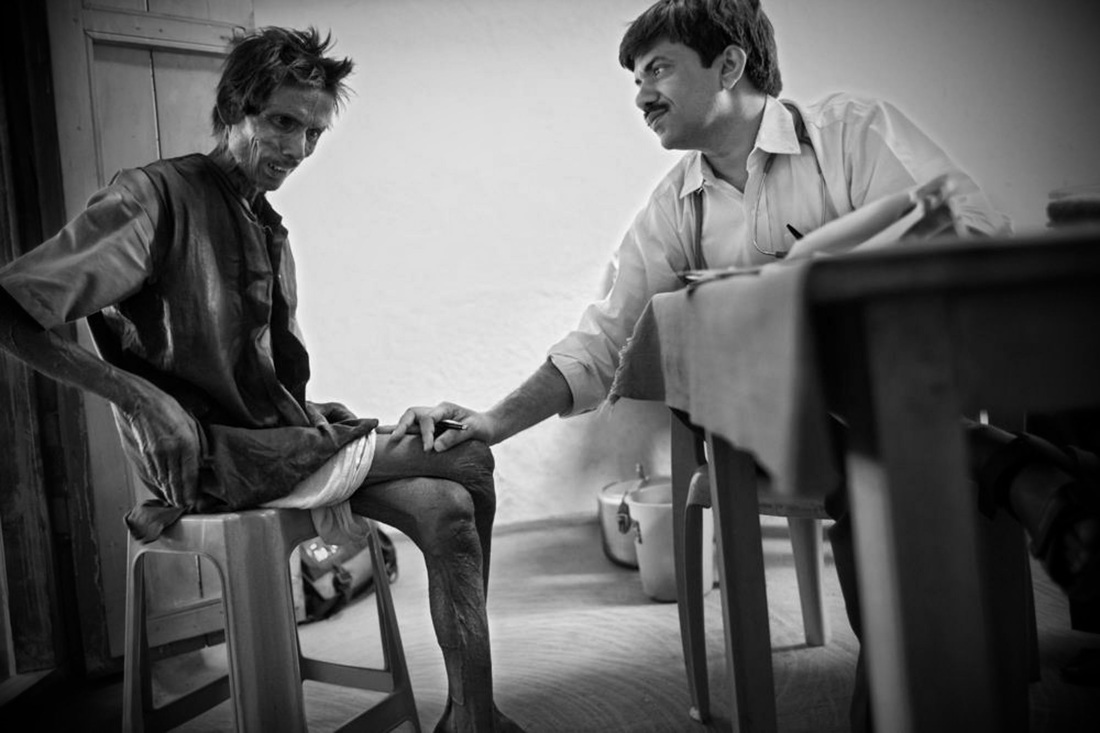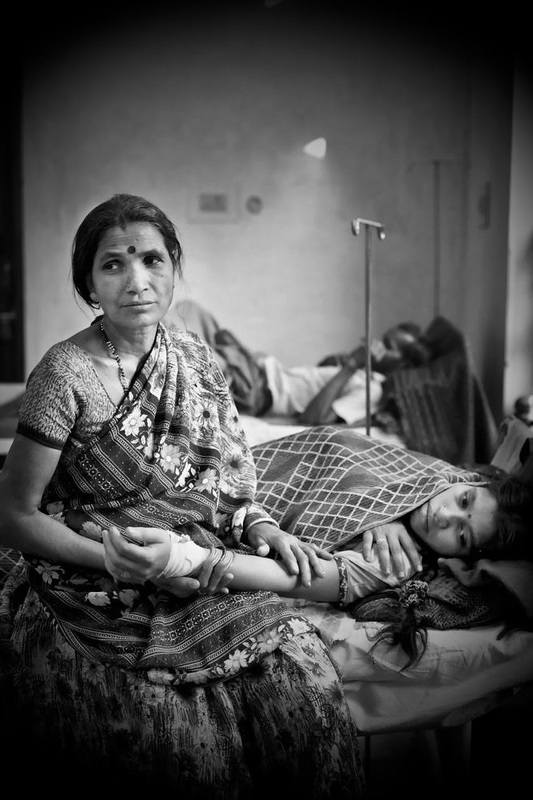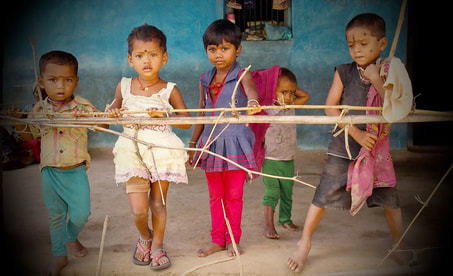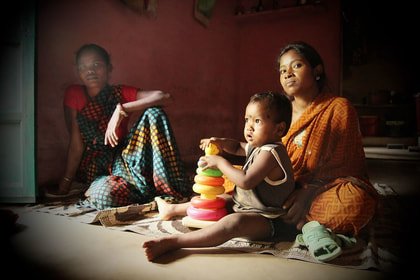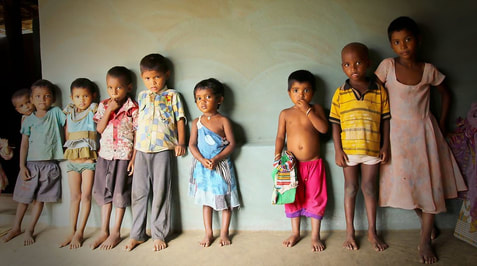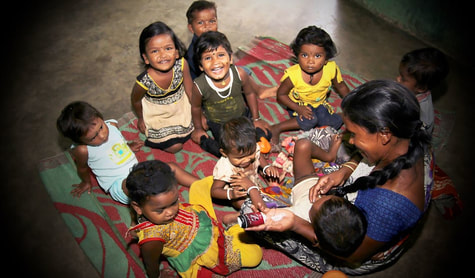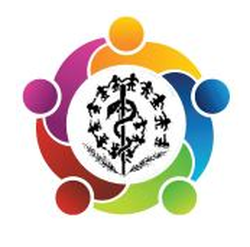JSS charitable activities
Who We Are & What We Do...
We are a UK based doctors, friends of JSS who aspire to help people of our motherland and lift the standard of medical care provisioning in rural India. |
Jan Swasthya Sahyog, has been working over the last 5+ years on developing health related technologies for health care needs of the people with limited resources. JSS strives to ensure that these technologies be as accurate, as the prevailing ones. The aim is to keep it simple, acceptable, cheap, and, applicable in low-resource settings such as in the rural and community levels. The hope is that they can be used by the all levels of health workers especially the most peripheral health workers. It's an attempt to make diagnosis more rational and reduce the misuse of drugs.
Kits are fabricated for initial laboratory validation under controlled conditions against the gold standard. Once validated, these kits are made available to limited organizations for field validation after training. If validated, these kits are available for general use. The products are available for purchase at almost production cost and training is also provided for the same. |
We are not far behind in making a significant improvement in the lives of millions of rural Indians.
There's no getting used to LOVE like that... |
Blog by Brett Lewis, Coordinator, Global Health Core
|
Doctors & Hospital Care in Rural India |
World famous photographer Tom Pietrasik capturing the life at JSS. Watch more at www.tompietrasik.com
|
"Phulwari" to address the problem of under nutrition in children
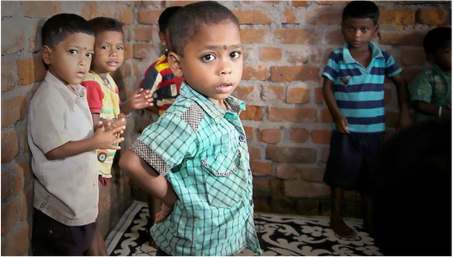
Many parents have seen that children who start complementary foods in the crèche after six months do not fall ill and do well. They have started giving supplementary food at home as well. Several children who had dropped out of school for sibling care have returned to school after the crèche facility has been made available in their village.

